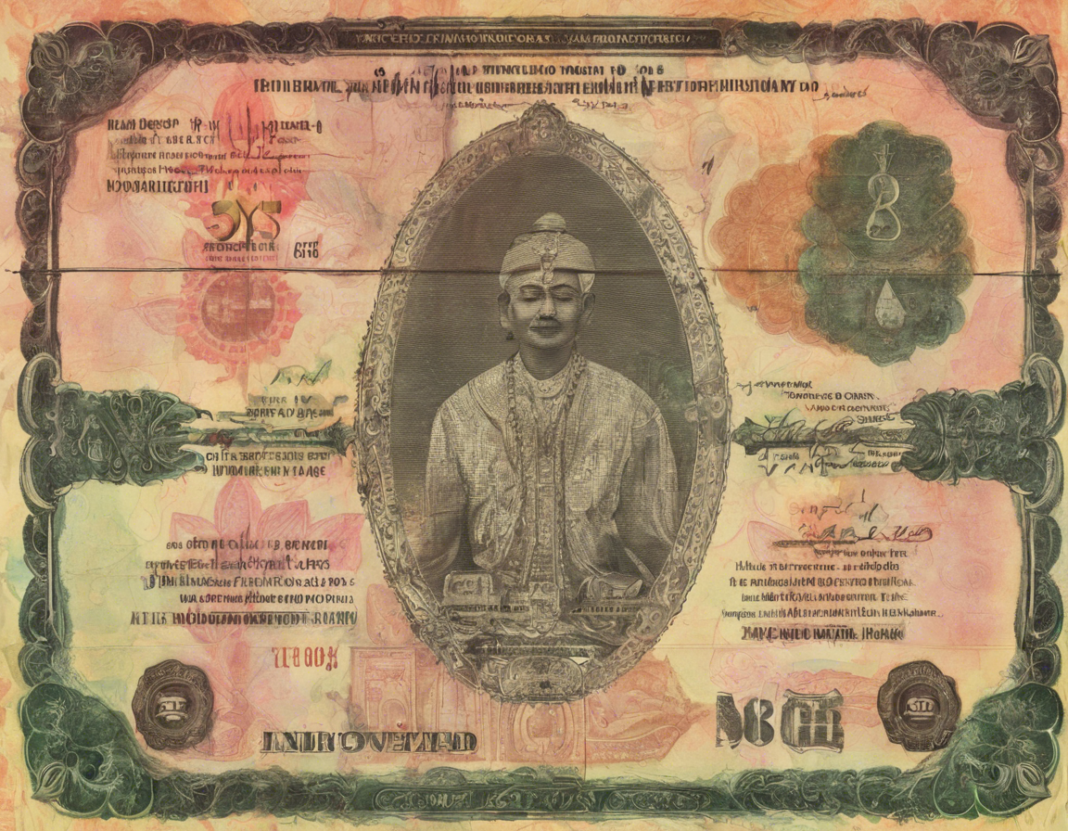Introduction:
In today’s globalized world, currency exchange rates play a crucial role in international trade, travel, and investment. For many, understanding how these rates work, especially when dealing with lesser-known currency pairs like the Thai Baht (THB) to Indian Rupee (INR), can be challenging. This article aims to shed light on the factors influencing the THB to INR exchange rate and provide insights into how individuals and businesses can navigate this process effectively.
Factors Influencing the THB to INR Exchange Rate:
1. Economic Indicators: Key economic indicators such as GDP growth, inflation rates, interest rates, and trade balances in Thailand and India can significantly impact the THB to INR exchange rate. Stronger economic performance in one country relative to the other can cause its currency to appreciate.
-
Political Stability: Political stability and government policies can also influence exchange rates. Investors tend to prefer countries with stable governments and consistent policies, leading to higher demand for their currency and, consequently, appreciation.
-
Market Speculation: Speculation by traders and investors in the foreign exchange market can cause short-term fluctuations in the THB to INR exchange rate. News, events, and market sentiment can all play a role in shaping market expectations and driving currency movements.
-
Global Factors: Global economic trends, such as commodity prices, geopolitical events, and market shocks, can have a ripple effect on currency exchange rates. For instance, a rise in oil prices can benefit oil-exporting countries like Thailand, potentially strengthening the Baht against the Rupee.
-
Central Bank Interventions: Central banks in Thailand and India may intervene in the foreign exchange market to stabilize their currencies or achieve certain economic objectives. These interventions can impact the THB to INR exchange rate directionally.
Strategies for Currency Conversion:
1. Forward Contracts: Businesses engaged in cross-border trade can use forward contracts to lock in an exchange rate for future transactions, providing certainty amidst currency fluctuations.
-
Limit Orders: Limit orders allow individuals and businesses to set a specific exchange rate at which they are willing to convert their THB to INR. Once the market reaches that rate, the transaction is automatically executed.
-
Hedging Instruments: Financial instruments like options and futures can be used to hedge against currency risk when converting THB to INR, offering protection against adverse exchange rate movements.
-
Diversification: Diversifying currency holdings can help mitigate risks associated with a specific currency pair like THB to INR. By holding a basket of currencies, individuals and businesses can spread their risk exposure.
-
Consulting Experts: Seeking advice from financial advisors or currency experts can provide valuable insights and guidance on when and how to convert THB to INR based on market conditions and individual risk tolerance.
FAQs:
1. What is the current THB to INR exchange rate?
The exchange rate between the Thai Baht (THB) and Indian Rupee (INR) fluctuates daily based on market conditions. It is advisable to check with your financial institution or visit a reliable financial news website for the latest rates.
-
How can I convert THB to INR when traveling to India?
When traveling to India, you can convert your Thai Baht (THB) to Indian Rupees (INR) at airports, banks, currency exchange offices, or using ATMs. Compare rates and fees to get the best deal. -
Are there any restrictions on converting THB to INR for international trade?
There are regulations governing international trade and currency conversion in both Thailand and India. It is essential to comply with local laws and regulations when converting THB to INR for trade purposes. -
Why do exchange rates between THB and INR fluctuate?
Exchange rates between currencies like THB and INR fluctuate due to various factors, including economic indicators, market speculation, political events, and global trends. These fluctuations reflect the relative strengths of the Thai and Indian economies. -
Is it better to convert THB to INR through a bank or a currency exchange service?
The choice between converting THB to INR through a bank or a currency exchange service depends on factors such as exchange rates, fees, and convenience. Compare offerings from different providers to make an informed decision.
In conclusion, understanding the THB to INR exchange rate involves considering a range of economic, political, and market factors that influence currency movements. By implementing suitable strategies and seeking expert advice where necessary, individuals and businesses can navigate currency conversions effectively and minimize risks associated with exchange rate fluctuations.






